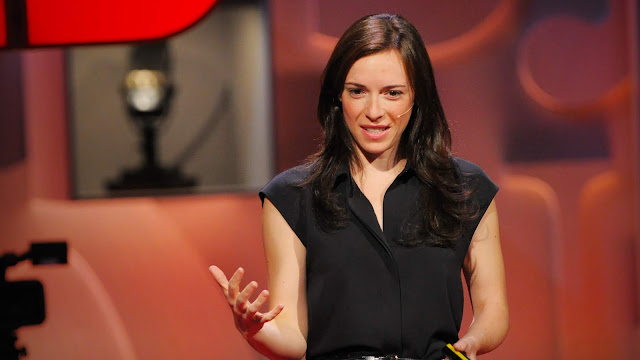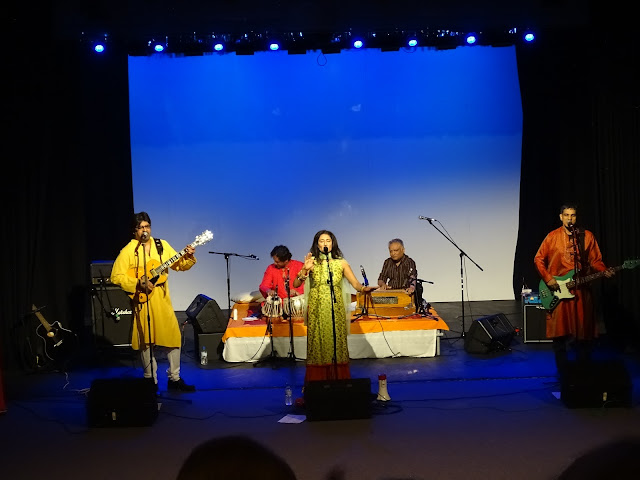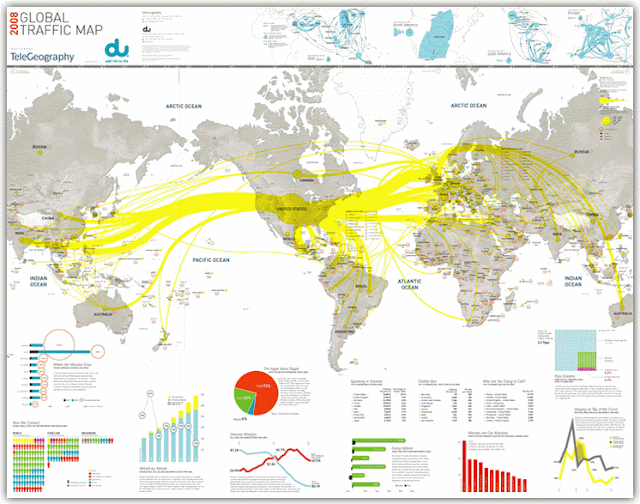Hong Kong, China, and the NBA
For his fifteenth birthday, my younger brother received tickets to an NBA game between our two home teams, the Lakers and the Clippers. With superstar duos and solid supporting players, both teams are championship contenders this year. Lebron James and Anthony Davis helm the Lakers, and Kawhi Leonard and Paul George, who is currently injured, lead the Clippers. A couple weeks ago, my little brother, our dad and I made the trek across Los Angeles to the Staples Center, where the highly anticipated matchup would take place. After a typical half-hour looking for parking, we began the walk over to the stadium. Outside of the enormous arena, we saw the usual array of characters: young men scalping tickets, locals hawking street food, and entrepreneurial vendors selling merchandise. One group, however, stood out from the rest. Their wares, handed out to any willing passerby, were free: bright yellow shirts with the words “Fight for freedom, stand with Hong Kong” emblazoned across the chest.
The scene was a remarkably global affair, blending the topics of sports, geopolitics, and human rights. The protesters had assembled in opposition to the NBA’s support for and continued relationship with the Chinese government as well as Lebron James’s recent admonishment of Houston Rockets general manager Daryl Morey, who had tweeted in support of the protesters in Hong Kong. James’s statement, in which he claimed Morey was “either misinformed or not really educated on the situation,” was a break from a career otherwise defined by support for progressive movements and civil rights. James later clarified the intent of his remarks, explaining that he felt he lacked sufficient information to comment specifically on the merits of the demonstrations. He also voiced concern, along with other NBA players, about the fact that it seemed the responsibility to address such a significant issue had fallen on the athletes rather than the Association.
Certainly, NBA players are in somewhat of a bind, as they can neither support residents of Hong Kong without official backlash nor endorse the NBA’s position without accusations of political passivity. Despite an apparent willingness to engage with social issues in the past—and allow their players to do the same—the NBA now has an unequivocal stance against the uprisings in Hong Kong. This position is a predictable one, likely intended to safeguard their lucrative fanbase in China. The organization even went so far as to attempt to avoid any acknowledgment of the aforementioned shirts or protesters. Halfway through the game, one young fan waved an innocuous Clippers shirt in the air, hoping to grab the attention of the cameras that project onto the big screen. He then tossed aside the Clippers shirt, revealing a yellow and black Hong Kong shirt. The camera quickly panned away. Regardless of one’s beliefs on the matter at hand, this attempt at silencing a fan, along with an entire movement, is disappointing; an arena for discourse should instead be maintained. The NBA must avoid suppressing the views of the franchise administrators or the players in order to respect the individual members of the Association and preserve freedom of expression, a principle whose benefits are self-evident and yet is not enjoyed in many other countries around the world.
Certainly, NBA players are in somewhat of a bind, as they can neither support residents of Hong Kong without official backlash nor endorse the NBA’s position without accusations of political passivity. Despite an apparent willingness to engage with social issues in the past—and allow their players to do the same—the NBA now has an unequivocal stance against the uprisings in Hong Kong. This position is a predictable one, likely intended to safeguard their lucrative fanbase in China. The organization even went so far as to attempt to avoid any acknowledgment of the aforementioned shirts or protesters. Halfway through the game, one young fan waved an innocuous Clippers shirt in the air, hoping to grab the attention of the cameras that project onto the big screen. He then tossed aside the Clippers shirt, revealing a yellow and black Hong Kong shirt. The camera quickly panned away. Regardless of one’s beliefs on the matter at hand, this attempt at silencing a fan, along with an entire movement, is disappointing; an arena for discourse should instead be maintained. The NBA must avoid suppressing the views of the franchise administrators or the players in order to respect the individual members of the Association and preserve freedom of expression, a principle whose benefits are self-evident and yet is not enjoyed in many other countries around the world.




Comments
Post a Comment